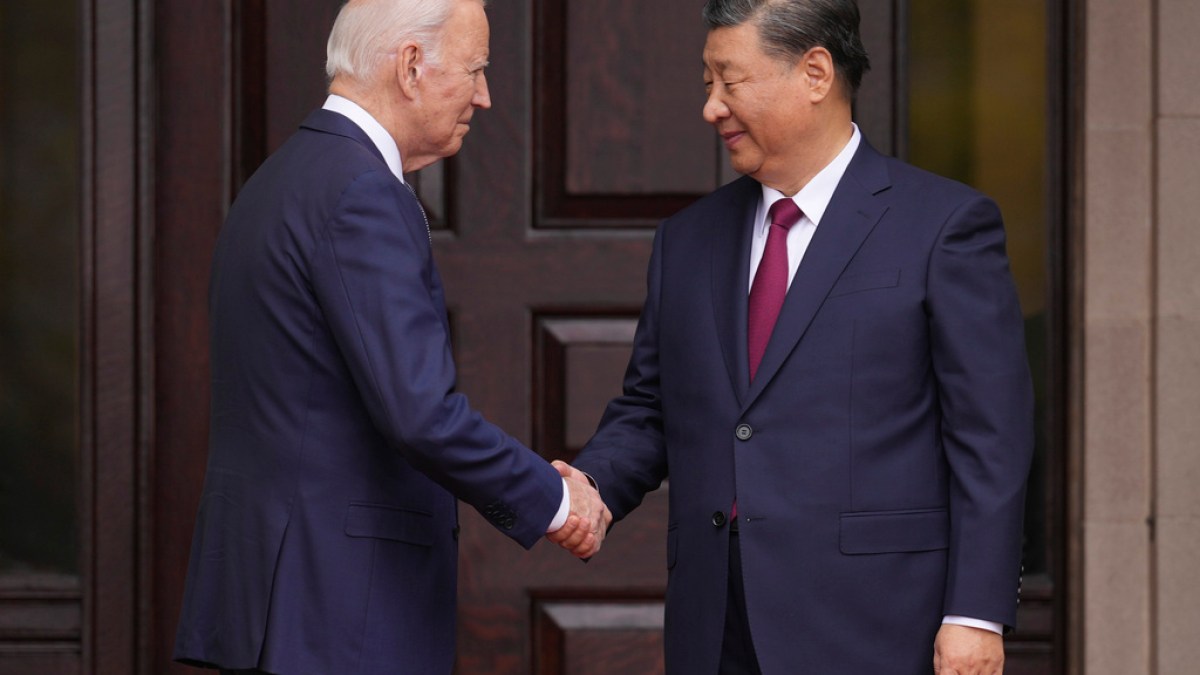US roll outs new export controls aimed at restricting China’s chip industry | Technology

US roll outs new export controls aimed at restricting China’s chip industry | Technology
US Commerce Department says curbs follow consultation with international partners.
The United States has rolled out fresh export controls on quantum computers and semiconductor-manufacturing equipment amid concerns about the use of advanced technologies by rivals such as China.
The US Department of Commerce said on Thursday that the export restrictions followed consultation with international partners and would strengthen relations with “like-minded countries”.
“Today’s action ensures our national export controls keep step with rapidly evolving technologies and are more effective when we work in concert with international partners,” Under Secretary for the Bureau of Industry and Security Alan Estevez said in a statement.
“Aligning our controls on quantum and other advanced technologies makes it significantly more difficult for our adversaries to develop and deploy these technologies in ways that threaten our collective security.”
The US has sought to throttle China’s tech industry with curbs on advanced chips and related equipment amid the growing strategic rivalry between Washington and Beijing.
US President Joe Biden’s administration has also pressed allied countries to introduce their own restrictions to limit China’s access to semiconductor technology.
On Friday, the Netherlands announced tighter controls on exports of semiconductor-making machines.
“We see that technological advances have given rise to increased security risks associated with the export of this specific manufacturing equipment, especially in the current geopolitical context,” Dutch Foreign Trade Minister Reinette Klever said in a statement.
Other countries, including Japan, have previously joined US efforts to hobble the Chinese tech sector by rolling out curbs on advanced chip-making equipment.
Beijing has in turn ramped up efforts to achieve self-sufficiency in advanced chips, pouring billions of dollars into its domestic industry.
In a recent analysis, TechanaLye, a Tokyo-based semiconductor research company, said that Chinese-made chips are only about three years behind those produced by Taiwan Semiconductor Manufacturing Co Ltd, the industry leader, despite US efforts to constrain its rival.
China’s Ministry of Foreign Affairs on Friday accused the US of violating market principles and disrupting global supply chains.
“This does not align with the interests of any side,” spokeswoman Mao Ning told a regular news conference.




